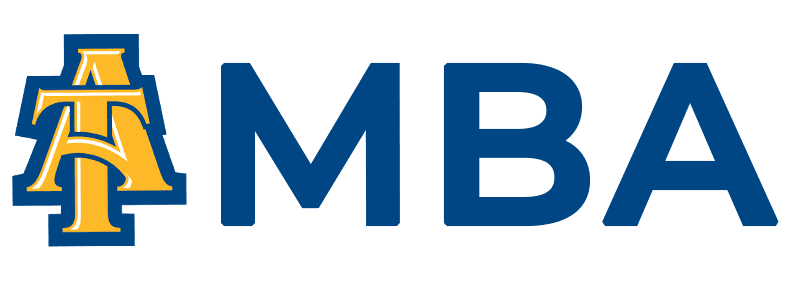Accounting Course Descriptions
ACCT 643: Advanced Income Tax Accounting
This course is a study of federal income tax laws related to partnerships, corporations, and fiduciaries. A study of property transactions is continued. Students are introduced to tax case research and the tax software for businesses. It is recommended that this course be taken for credit only and for audit purposes.
ACCT 690: Advanced Accounting Theory
This course focuses on the fundamental accounting concepts, principles, and procedures that make up the theoretical underpinning of financial accounting. In addition, emphasis is placed on knowledge needed for the CPA exam. Topics reviewed will include structure of financial statements, depreciation methods, inventory valuation, revenue recognition, fair value accounting, liabilities, pensions, leases, and taxes. This course is NOT recommended for audit.
ACCT 691: Governmental & Not-for-Profit Accounting
This course presents basic concepts of accounting for governmental and nonprofit entities. Financial reporting, budgeting, funds sources and uses, and the environment in which these entities operate will also be explored. Differences in reporting by governmental entities and nonprofit organizations, based on compliance with different standard-setting bodies, will be covered. Accounting for local and state governments, nonprofit organizations, colleges and universities, as as health care organizations is included in this course.
ACCT-708: Seminar in Financial Concepts
The course will examine basic concepts and tools to provide integrative coverage of accounting and finance. Accounting topics include the interpretation, analysis and use of accounting information, including basic accounting procedures, budgeting, cost tracking and cost/profit analysis. Finance topics include concepts and techniques for planning and managing the acquisition and allocation of financial resources, including cost of capital, capital structure and capital budgeting. Coverage of these areas will be integrated by examining the basic contributions of each are to the decision processes for raising and allocating funds and the purposes they serve in assisting lenders and investors in assessing financial capacity and performance.
ACCT-714: Managerial Accounting and Finance
The course focuses on the role of management accounting information systems in planning, controlling, evaluating performance and decision-making. The course covers traditional and contemporary concepts and techniques of product and service costing, budgeting, and interpretation of internal reported information. Emphasis is also give to the application of concepts and decision tools for financial decision-making. Financial resources are essential for the survival of corporation. The course, therefore, will also cover the planning process, financial markets and instruments, how financial resources are acquired and allocated, and how decisions in finance may affect non-financial areas. The course will use case studies and computer-based analysis for an integrative application of finance and managerial accounting concepts. Prerequisites: ACCT 708.
ACCT 820: International Accounting
This course will focus on the move towards global harmonization of accounting standards and the impact of leading standard-setting authorities. Additionally, the course will cover the similarities and differences in US GAAP and IFRS. Students will also be exposed to contemporary research methodology and modern qualitative and quantitative research techniques employed to explore international corporate reporting practices. Issues facing prepares and users of accounting information in an increasingly globalized reporting environment will be discussed.
ACCT 845: Selected Topics in Accounting
Topics covered in this course will give additional consideration to selected accounting problems. Current accounting issues/problems and approaches to their resolution will be examined.
ACCT 861: Advanced Auditing
This course will build on knowledge and skills learned in a typical introductory auditing principles course. Topics will include the application of auditing concepts and techniques to various transaction cycles including the sales and collection cycle, the acquisition and payment cycle, the payroll and personnel cycle, the inventory and warehousing cycle and the capital acquisition and repayment cycle. Procedures to audit cash balances will also be covered. This course may also include an overview of the application of audit techniques to infernal auditing, operational auditing and the audit of governmental entities/ Case studies will be used.
ACCT 863: Advanced Cost Accounting
This course will cover contemporary issues/problems in cost and managerial accounting in the context of the modern business environment. Emphasis will be given to cost information systems and other specialized cost topics such as analytical models, global aspects in management accounting, decision models, and nontraditional accounting systems. Case methodology and computer analysis will be utilized.
